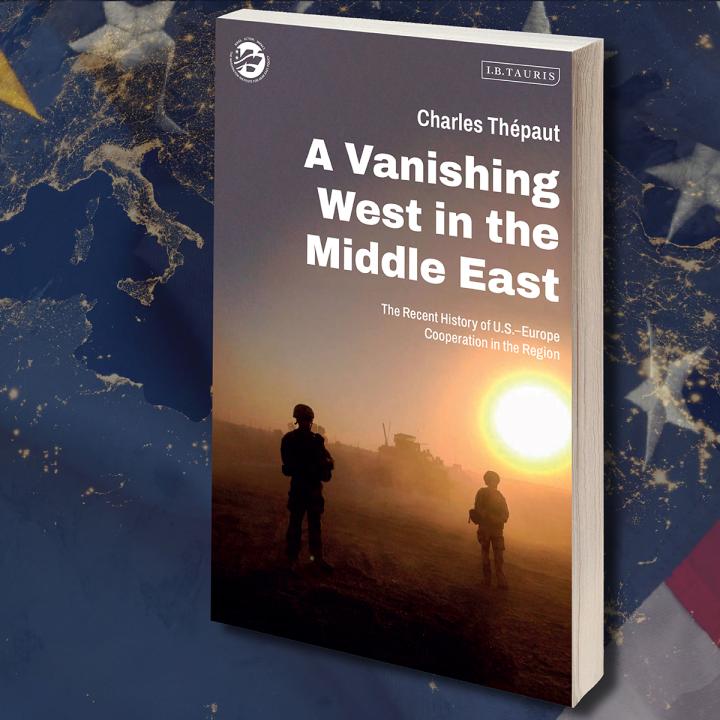
- Policy Analysis
- Policy Focus 169
A Vanishing West in the Middle East The Recent History of U.S.-Europe Cooperation in the Region

To encourage a new multilateralism, Europe will need to gain credibility on hard security matters, the United States will need to reimagine how it deals with allies, and both will need to figure out when to let Middle East countries handle Middle East problems.
Since the end of the Cold War, developments in the Middle East have frequently caused tension between the United States and Europe, from the 2003 invasion of Iraq to the Arab uprisings of 2011 and Washington’s 2018 decision to exit the Iran nuclear deal. Today, the Biden administration is reasserting its desire to reduce America’s regional footprint, even as its predecessors struggled to realize a similar goal. At the same time, the United States and Europe share an interest in a stable Middle East where governments keep energy supplies steady and contain threats posed by jihadism and mass refugee flows.
"After a decade over which the Middle East was profoundly shaken, U.S. foreign policy went through various revisions, and the transatlantic bond risked erosion, this book offers serious answers to questions with a bearing on the future."
In this illuminating book—copublished by The Washington Institute and I.B. Tauris—French diplomat Charles Thépaut examines thirty years of transatlantic cooperation in the region and proposes a more manageable and effective path forward. To encourage a new multilateralism, he explains, Europe will need to gain credibility on hard security matters, the United States will need to reimagine how it deals with allies, and both parties will need to figure out when to step aside and let Middle East countries handle Middle East problems.
"After a decade over which the Middle East was profoundly shaken and transformed, over which U.S. foreign policy toward this region went through various revisions, and over which the transatlantic bond risked serious erosion, this book offers serious answers to questions with a bearing on the future: Is there still one ‘West,’ at least in relation to an ‘East’? What remains of the strategic interest the Middle East represents for both America and Europe? Charles Thépaut’s unique position, as a French diplomat working on the Middle East from Washington DC, gives this work irreplaceable value."
Joseph Bahout, director of the Issam Fares Institute for Public Policy and International Affairs, American University of Beirut




